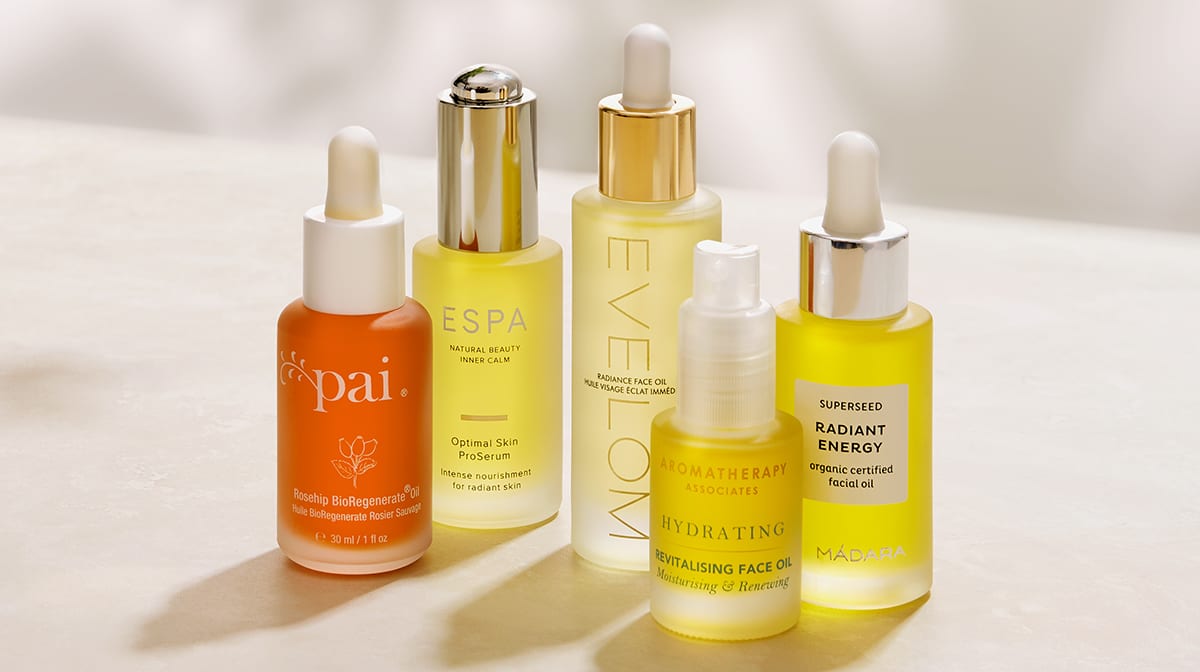Do you believe that using facial oils may cause breakouts and make your skin appear greasy, oily, and sticky? Rethink that! For a long time, facial oils were thought to be a beauty secret. It is thought that Moringa oils were utilized by the ancient Egyptians to maintain perfect, radiant skin.
More and more companies are developing cosmetics that contain pure oils like coconut, argan, marula, jojoba, Moringa, and many more as face oils make a comeback and become a mainstay of skincare.
Face oils are fantastic for all skin types, including combination skin, oily skin, which is prone to breakouts and acne, and dry skin, which frequently battles with dehydration and flaky skin. Facial oils are full of beneficial properties that will keep you moisturised and nourished.
Different face oils have different benefits. Each of the finest face oils is formulated differently to address a certain skin issue. While certain oils can hydrate your skin, others may irritate it.
How Do Face Oils Work?
Emollients like facial oils fortify the skin’s outer layer and aid in preventing water loss by locking in moisture and providing an emollient effect. To maintain a healthy balance of moisture, our skin naturally creates oils and lipids. Facial oils add an additional layer of protection to our skin’s natural oils. The majority of facial oils is herbal and made from various plant components including roots, flowers, leaves, etc.
They contain so many potent chemicals that the list of advantages is limitless. There are other places of the body where facial oils can be applied besides the face.
Although the primary function of facial oils is to protect and hydrate the skin, they can also support your anti-aging regimen. The antibacterial qualities of it can also aid in the healing of your skin. There are non-scented vegetable oils, which your skin requires, and scented vegetable oils, which are sometimes referred to as essential oils but are not required for your skin.
How Does Face Oil Function?
Without endangering your skin, facial oils can take the place of your moisturizer. Face oils make a lovely improvement that you can see. It improves elasticity and gives your skin a natural shine while also making it softer and smoother.
In order to hydrate the face and repair the barrier that locks water within, adding facial oils to your skincare regimen helps balance the natural oils your skin generates.
Depending on the kind, facial oils offer a variety of advantages; coconut oil is mostly used for hydrating. Jojoba oil is helpful for acne and sunburn; rosehip oil is used to prevent free radical damage; and argan oil contains antioxidant characteristics.
As was already said, the main function of face oils is to moisturize and hydrate the skin.
The group of moisturizers that facial oils normally belong to is the occlusive and emollient one. Emollients fill in the gaps between skin cells, softening and firming the epidermis. On the other hand occlusive aid in keeping skin’s moisture in place.
Many oils fail to penetrate deeply into the skin and instead form a barrier that protects the skin’s surface. The body can benefit from this, but your skin won’t get as much from it in terms of hydration.
The size of the fatty acid molecules that make up the oil is the important factor in this situation. The molecules would just float on the surface if they are too large to cross the skin barrier. The molecules may go deeper into the layers of your skin and speed up the healing process if they are tiny enough to pass through your skin. Jojoba and organ oils may aid in mending your skin’s barrier, according to study.
WHAT DISTINGUISHES OIL FROM OTHER TYPES OF FUEL?
Multi-Use
“Except for the booster kind, oil generates a film on the surface and inhibits moisture from evaporating. To preserve your skin in the greatest condition possible, moisturize your skin with a lotion or serum before applying it. Oil-only oil mixes better and distributes more readily on the skin than creams that emulsify oil, giving it a glossy and silky sensation. It spreads easily, making massages possible as well. It is also practical because there are several ways to utilize it, like combining it with lotions and cosmetics and applying it to your hair.
Hydrates The Skin
“Oil has the benefit of softening the skin. Old keratin that should have shed off as we age instead stays because the skin’s natural renewal is disrupted. It makes taking stuff out simpler. Nutrients won’t permeate the skin no matter how hard you attempt, but when oil has softened the skin, they will penetrate more readily. A booster serves just this purpose.
Watch Out For “Too Much Oil”
The amount of oil may increase depending on the oil. The most significant fatty acid among neutral fats, oleic acid, is anti-oxidant and good for moisturizing. As a result, pimple-causing acne bacteria will grow out of control. Oils having a high oleic acid concentration, such olive oil and camellia oil, are typically avoided by those with acne, greasy skin, and pimples. You can keep the equilibrium of sebum if you switch to an oil based on linoleic acid or wax ester.
Check The Skin’s Condition The Next Day After Usage.
“Dry skin is a common trait in acne-prone individuals, and this is a sign that the sebum equilibrium has entirely failed.
I tried using beauty oil to moisturize in the fall and winter, but I broke out. I suppose the oil isn’t right for me, but this was just a choice of oil issue.
Try a small amount initially, assess the condition of your skin the next day, and decide if it is effective for you based on the compatibility of that oil with your skin type. Check to see whether it fits you. If you experience any anomalies, such as pimples, stop using it right once.





